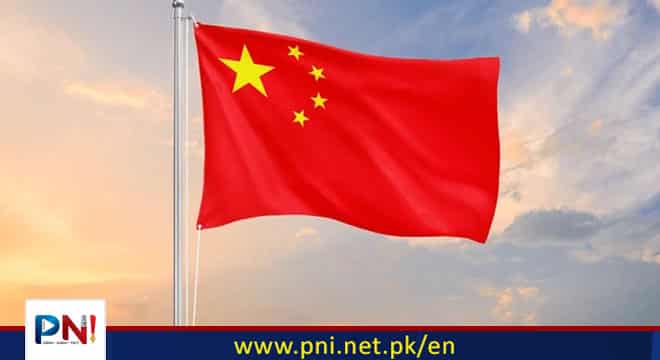BEIJING, May 2 (APP): A delegation from the Economic Cooperation Organization Science Foundation (ECOSF), an intergovernmental organization for scientific and technological cooperation, recently visited Beijing for a two-week international training course from April 15 to 29 on China’s new energy vehicle (NEV) technology.
The delegation comprised over 15 participants from ECO member states including Pakistan, Turkey, Iran, Azerbaijan, Kazakhstan, and Tajikistan. The training, hosted by the Ministry of Science and Technology of China and organized by China’s National New Energy Vehicle Technology Innovation Center, aims to enhance the participants’ understanding of China’s NEV industry and explore potential cooperation in the field of sustainable energy.
The training workshop was led by leading Chinese experts in the field of electric vehicles (EVs) who delivered insightful sessions and lectures on various important topics such as electric vehicle policies, drivetrain technologies, battery technologies, smart manufacturing, autonomous driving, and charging and battery swapping infrastructure, among others.
Participants also gained valuable insights through their visits to Launch Design (a global leader in turnkey solutions for electric vehicles), Baidu Autonomous Driving Center, Great Wall Motors Manufacturing Facility, Hydrogen Fuel Cell Technology, Lithium Ion Battery Assembling, and Energy Hub’s battery swapping station.
As representatives of the ECO Member States, the delegation presented a comprehensive electric mobility market analysis and delivered tailored approaches for achieving the region’s electric mobility targets.
“One of the most impressive aspects was the level of innovation evident in Chinese automakers, particularly in reducing manufacturing time from 48 months to less than 24 months.” Engr. Khalil Raza, a seasoned Pakistani professional with expertise in sustainable energy, told Chinese media, adding, “This demonstrates both remarkable time efficiency and resource efficiency, as new technologies enable the production of NEVs with fewer material resources, consequently reducing costs.”
“China’s leading role in the EV sector globally is attributed to a robust domestic supply chain, a highly skilled and trained workforce, and a meticulously crafted policy framework that incentivizes and supports Chinese automakers,” he explained.
Follow the PNI Facebook page for the latest news and updates.









